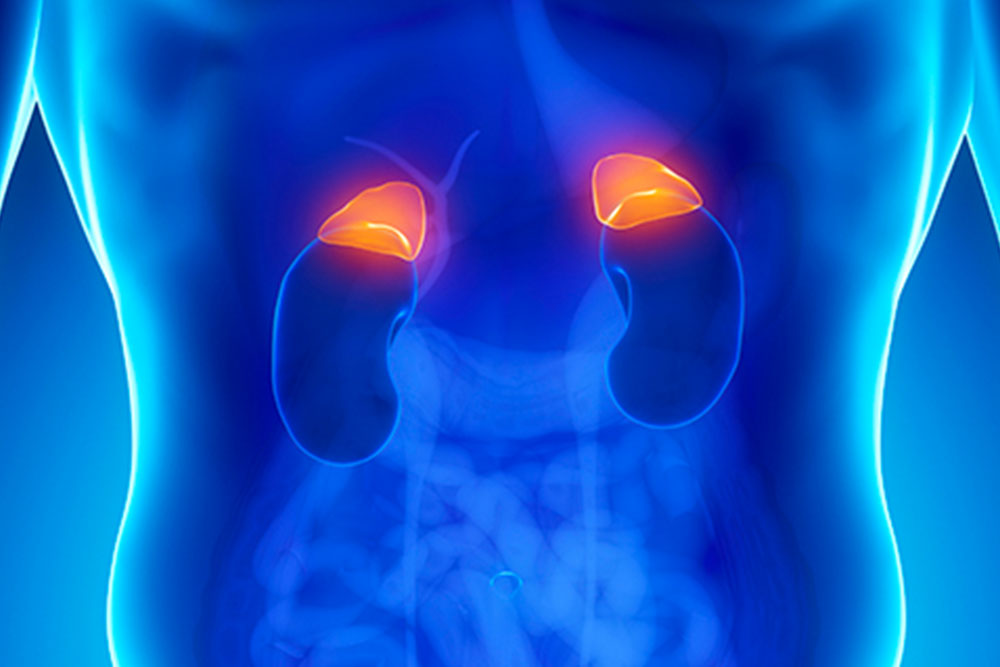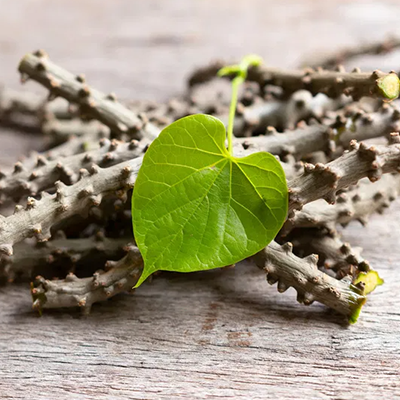Hypocortisolism, also known as adrenal insufficiency, is a condition where the adrenal glands do not produce enough cortisol, a vital hormone that helps regulate metabolism, blood pressure, immune response, and stress. Cortisol is often referred to as the "stress hormone" because its levels rise during times of stress.
The condition can range from mild to life-threatening depending on its severity and underlying cause.
How Does the Adrenal Gland Work?
The adrenal glands, located on top of the kidneys, produce cortisol in response to signals from the hypothalamus and pituitary gland in the brain. When the adrenal glands fail to produce adequate cortisol, the body’s ability to handle stress and maintain homeostasis is impaired.
Types of Hypocortisolism
1. Primary Adrenal Insufficiency (Addison’s disease):
- The adrenal glands themselves are damaged and cannot produce sufficient hormones.
- Often caused by autoimmune conditions or infections.
2. Secondary Adrenal Insufficiency:
- The pituitary gland does not produce enough ACTH (Adrenocorticotropic Hormone), which stimulates cortisol production.
- May result from prolonged use of corticosteroid medications or pituitary gland issues.
3. Tertiary Adrenal Insufficiency:
- Hypothalamic dysfunction reduces corticotropin-releasing hormone (CRH) production, affecting cortisol levels.
What Happens in Hypocortisolism?
- Low Energy Levels: Without sufficient cortisol, the body cannot efficiently metabolize glucose for energy.
- Impaired Stress Response: The body struggles to cope with physical or emotional stress.
- Imbalanced Electrolytes: Cortisol affects sodium and potassium balance, which impacts blood pressure and hydration.
Symptoms of Hypocortisolism
- Chronic fatigue and muscle weakness.
- Weight loss and decreased appetite.
- Low blood pressure, dizziness, or fainting.
- Darkening of the skin (Addison’s disease).
- Low blood sugar (hypoglycemia).
- Craving for salty foods.
- Depression, irritability, or mood swings.
Causes of Hypocortisolism
1. Autoimmune Disorders:
The immune system attacks the adrenal glands (Addison’s disease).
2. Infections:
Tuberculosis, HIV, or fungal infections can damage the adrenal glands.
3. Prolonged Steroid Use.
Long-term corticosteroid use suppresses natural cortisol production.
4. Pituitary or Hypothalamic Dysfunction:
Tumours, injuries, or surgeries affecting these glands can disrupt hormone regulation.
5. Genetic Disorders:
Rare conditions like congenital adrenal hyperplasia.
Complications of Hypocortisolism:
Adrenal Crisis (Acute Adrenal Insufficiency):
- A life-threatening condition triggered by stress, illness, or injury. Symptoms include severe pain, vomiting, dehydration, and shock. Immediate medical attention is required.
Electrolyte Imbalances:
- Low sodium and high potassium levels can lead to heart rhythm issues.
Hypoglycaemia:
- Insufficient cortisol affects blood sugar levels, causing dizziness, confusion, or fainting.
Ayurvedic Perspective on Hypocortisolism
In Ayurveda, Hypocortisolism can be correlated with Adrenal Dhatukshaya (weakness of adrenal tissues) and an imbalance in Vata Dosha (responsible for energy and movement) and Pitta Dosha (responsible for metabolism). The condition may also involve depletion of Ojas, the essence of vitality, due to chronic stress, improper diet, or lifestyle.
Ayurvedic Treatment for Hypocortisolism
Ayurvedic treatment focuses on strengthening the adrenal glands, balancing doshas, and rejuvenating the body.
Panchakarma Therapy
- Abhyanga (Oil Massage): Improves circulation and reduces Vata aggravation.
- Shirodhara: A calming therapy where medicated oil is poured on the forehead to manage stress.
- Virechana (Purgation Therapy): Removes toxins and balances Pitta Dosha.
Rasayana Therapy (Rejuvenation)
- Chyawanprash: An herbal tonic to restore vitality and strengthen Ojas.
- Draksharishta: Improves energy levels and digestion.
Dietary Recommendations
Foods to Include:
- Warm, nourishing, and easily digestible foods.
- Fresh fruits, whole grains, ghee, milk, and nuts (especially almonds and walnuts).
- Herbs like turmeric and ginger to improve metabolism.
Foods to Avoid:
- Cold, raw, or overly spicy foods.
- Processed and junk foods.
Lifestyle Modifications
Yoga and Meditation:
- Gentle poses like Balasana (Child’s Pose) and Viparita Karani (Legs-Up-the-Wall) reduce stress.
- Pranayama (breathing exercises) like Nadi Shodhana and Bhramari calm the mind.
Daily Routine (Dinacharya):
- Regular sleep, balanced meals, and stress-free living are emphasized.
Herbal Remedies
Ashwagandha (Withania somnifera):
An adaptogen that improves stress response and supports adrenal health.
Brahmi (Bacopa monnieri):
Calms the nervous system and enhances mental clarity.
Shatavari (Asparagus racemosus):
Nourishes tissues and balances hormones.
Guduchi (Tinospora cordifolia):
Detoxifies the body and boosts immunity.
Licorice (Yashtimadhu):
Mimics cortisol's effects and supports adrenal gland function.
Hypocortisolism is a serious condition requiring proper management to avoid complications. Modern medicine effectively replaces deficient hormones, while Ayurveda provides a natural approach to address root causes, balance doshas, and rejuvenate the body. Combining these approaches can provide holistic care and improve overall well-being.








